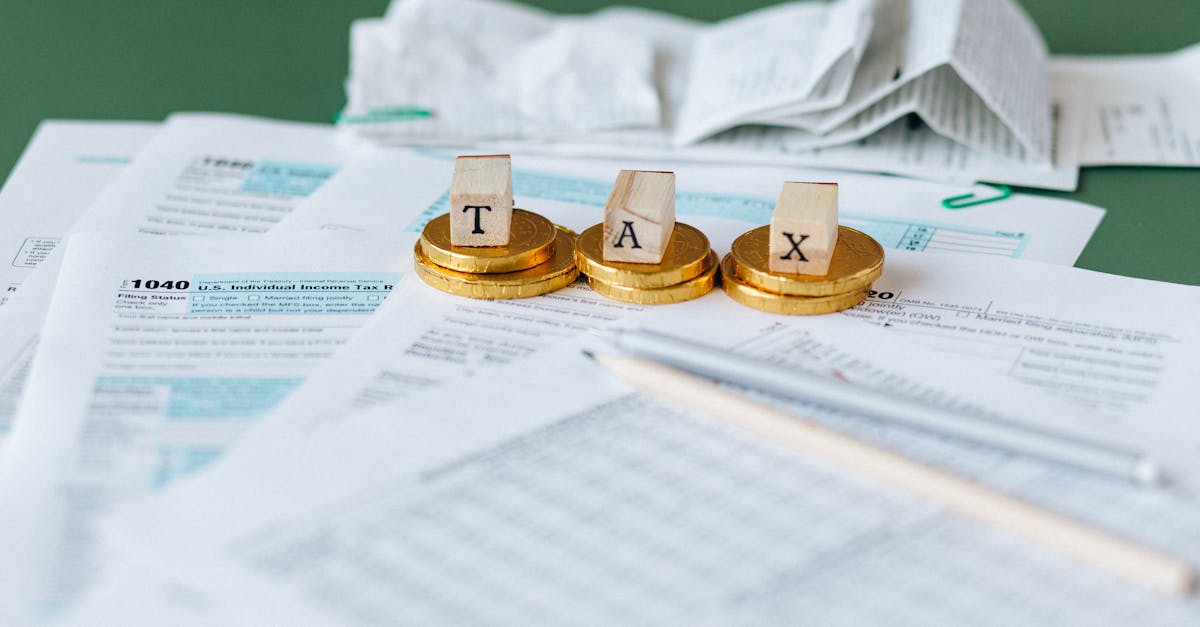Have you found yourself baffled by blockchain law and its many complexities? It feels like every time I turn around, there’s a new legal challenge to tackle. From supply chain regulation to blockchain dispute resolution, the landscape can be overwhelming. But don’t worry; you’re not alone. Many of us are navigating these challenging waters, trying to understand how distributed ledger technology fits into existing laws.
Understanding blockchain compliance and transparency laws can seem daunting. I’ve noticed how easily one can overlook critical aspects like blockchain privacy laws or the impact of blockchain contract law. These oversights can lead to significant issues down the road. We all want to stay compliant and safeguard our endeavors, yet understanding international law’s role with blockchain can be tricky.
Ready to dive into common pitfalls and find your way through the blockchain legal maze? Let’s explore together and uncover the solutions you need to keep your blockchain journey smooth and successful.

Photo provided by August de Richelieu on Pexels
Inside the story
Understanding Blockchain Law
When I think about blockchain law, it feels like diving into a new world. Everything in this world is about making sure that transactions are safe and meet all necessary rules. Blockchain compliance is crucial because without it, businesses could face heavy fines. I try to stay updated by reading about the basics of blockchain compliance. It’s like learning a new language where the main rule is making sure every blockchain transaction follows the set regulations.
The Basics of Blockchain Compliance
I’ve learned that ensuring all transactions meet regulations is vital. It helps in avoiding any legal trouble. It’s like doing homework to avoid getting in trouble at school. Every step in a blockchain must be checked and verified to make sure it is right. I’ve come to realize that knowing these basics can save me from a lot of stress.
Blockchain Contract Law Explained
Understanding blockchain contract law can be tricky at first. I discovered that smart contracts are essential parts of this system. They’re automated and enforceable agreements that do all the work by themselves once the conditions are met. I find it fascinating that there’s no need for a middle person. Blockchain legal frameworks help make these contracts more reliable. They ensure everyone sticks to the rules.

Photo provided by Mikhail Nilov on Pexels
Legal Challenges in Blockchain
Moving on to legal challenges in blockchain, things can get complicated really fast. It feels like solving a puzzle. Each piece represents a different legal aspect. The challenge is fitting them all together so everything works smoothly. There are numerous hurdles, but each can be tackled with the right knowledge.
Supply Chain Regulation
One big part is supply chain regulation. It can be like a detective game, tracking materials from start to finish. This process ensures that products are authentic. Supply chain blockchain policies play a significant role here. They help in maintaining transparency and trust in the system. By staying informed, I can avoid many common mistakes in this area.
Blockchain Dispute Resolution
Then there’s blockchain dispute resolution. This is where technology-driven solutions come into play. These solutions help resolve conflicts without the usual fuss. It’s all about finding the easiest and fairest way to settle disagreements. I think it’s comforting to know that blockchain can make resolving disputes simpler.

Photo provided by Nataliya Vaitkevich on Pexels
Global Perspectives
From global perspectives, blockchain international law takes center stage. This is another layer of complexity. It’s needed for cross-border transactions. Different countries have unique laws, which makes transactions interesting, yet challenging. I find learning about these laws gives me a global view, which is always valuable.
Blockchain International Law
Crossing borders with transactions means dealing with unique laws. I’ve realized that each country has its own rules. Navigating through them requires patience and knowledge. It’s like playing a board game with different rules in each round. Being aware of these rules helps in avoiding unexpected challenges.
Distributed Ledger Technology Law
Finally, there’s distributed ledger technology law. It ensures data integrity across networks. This is crucial because it keeps information safe and trustworthy. I see it as the backbone of blockchain, holding everything in place. Blockchain transparency laws are vital here, making sure the entire system is open and honest. Learning these laws helps in building stronger systems and avoiding errors.
Avoid Common Pitfalls
Understanding the landscape of digital assets helps me navigate with confidence. Learning about legal challenges and regulations ensures my actions align with the law. The insight into compliance serves as a guide to stay informed and proactive in my dealings.
To begin this journey, I can start by researching relevant regulations within my industry. Studying digital asset compliance resources online will give me a solid foundation. Additionally, reaching out to professionals in the field can provide guidance on more complex issues.
Let’s take action today. By digging deeper into the rules and seeking expert advice, I will be prepared to tackle any hurdles head-on. Embrace the new knowledge and strengthen your digital strategy.
